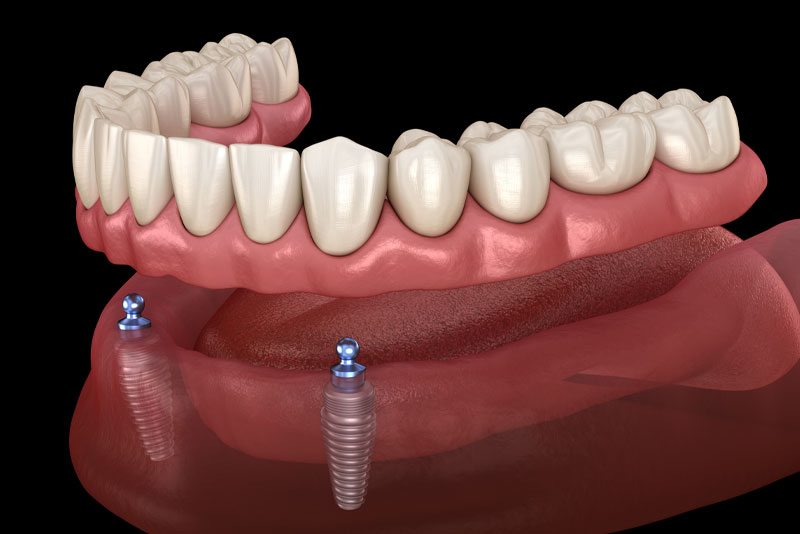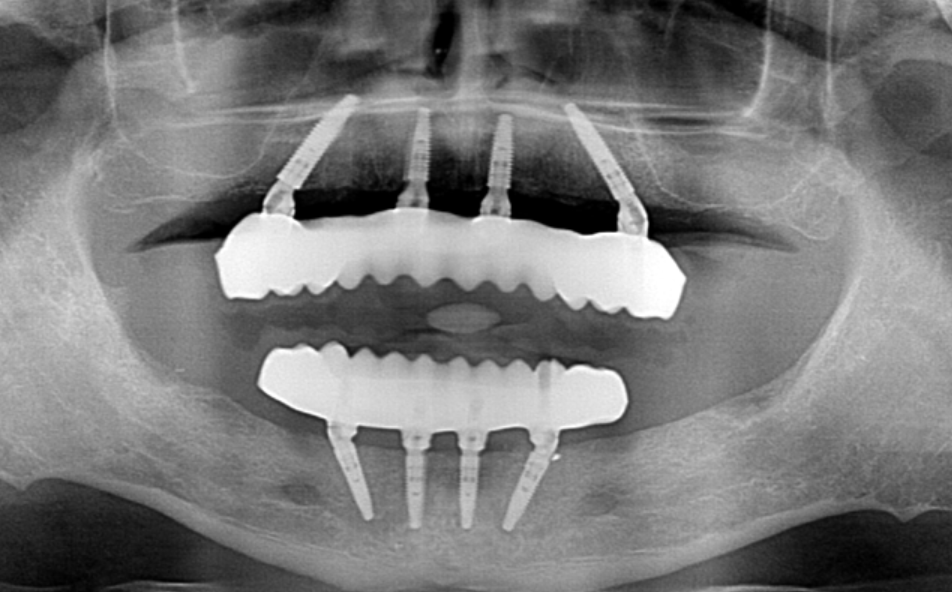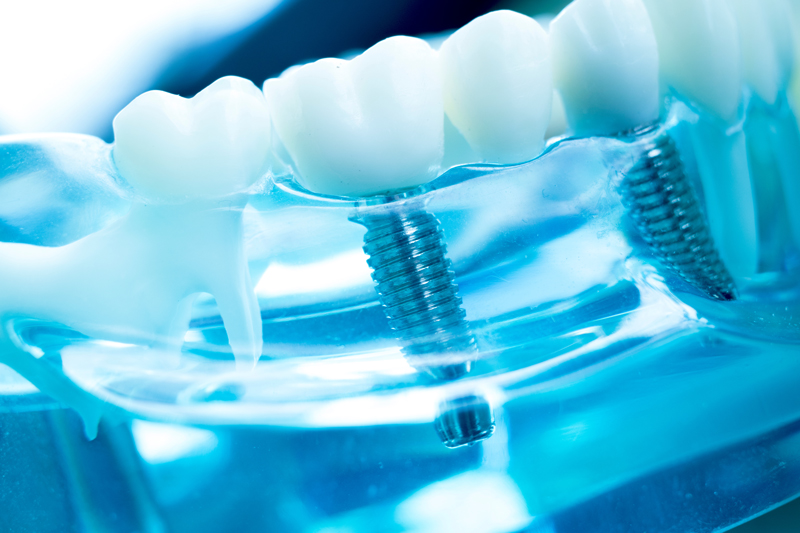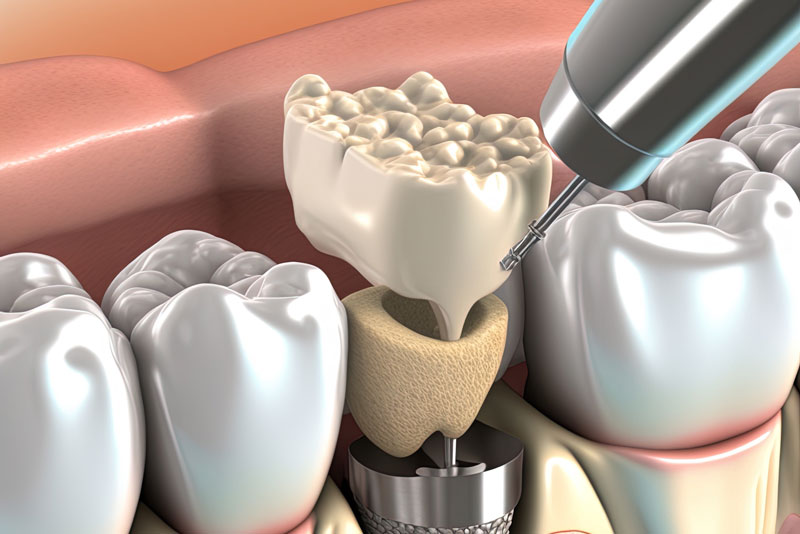A Guide to Managing Discomfort During and After Cosmetic Dental Treatments
March 7, 2023
Cosmetic Dentistry
Are you planning to undergo cosmetic dental treatments but worried about the discomfort and pain that come with it? Don’t worry; we’ve got you covered! In this guide, we’ll walk you through some tips and tricks to manage any discomfort during and after your cosmetic dental procedures. From choosing the right dentist to post-treatment care, we’ve compiled a comprehensive list of everything you need to know. So sit back, relax, and get ready for a smooth ride toward your perfect smile!
Overview of Cosmetic Dental Treatments
There are a variety of cosmetic dental treatments available to patients seeking to improve their smile. While each treatment is unique, there are some commonalities in terms of the discomfort that can be associated with them. In this overview, we will discuss some of the most common cosmetic dental treatments and the discomfort that can be associated with each.
One of the most popular cosmetic dental treatments is teeth whitening. This treatment uses bleaching agents to remove stains and discoloration from the teeth, resulting in a brighter, whiter smile. While teeth whitening is generally safe and effective, some patients may experience temporary discomfort or sensitivity during and after treatment.
Another common cosmetic dental treatment is bonding. This treatment involves the application of a tooth-colored resin to the teeth in order to improve their appearance. Bonding can be used to correct a variety of issues, including gaps between the teeth, misshapen teeth, and chipped or cracked teeth. Some patients may experience sensitivity or discomfort during bonding, but this usually subsides within a few days.
Veneers are another popular cosmetic dental treatment. Veneers are thin porcelain shells that are bonded to the front surface of the teeth in order to improve their appearance. Veneers can be used to correct a variety of aesthetic issues, including gaps between the teeth, misshapen teeth, stained or discolored teeth, and chipped or cracked teeth. Like bonding, some patients may experience sensitivity or discomfort.
Scientific Animations
Common Side Effects and Discomfort
Most people experience some level of discomfort after having cosmetic dental work done. This is normal and to be expected. The good news is that there are ways to manage this discomfort so that it doesn’t interfere with your daily life.
The most common side effects of cosmetic dental treatments are soreness and sensitivity. These usually go away within a few days. You can help manage them by taking over-the-counter pain relievers and avoiding hot or cold foods and drinks.
Other less common side effects include:
• Swelling: This usually goes away within a week. You can manage it by applying ice to the affected area for 20 minutes at a time, several times a day.
• bruising: This usually fades within two weeks. You can help reduce the bruising by avoiding alcohol for 24 hours after your treatment.
• Bleeding: This is normal immediately after treatment, but should stop within a day or two. If it persists, please call your dentist.
If you experience any of these side effects, they should go away within a few days to weeks. However, if they persist or become severe, please call your dentist right away.
Pain Management Options for During Treatment
There are a variety of pain management options available for patients undergoing cosmetic dental treatments. Some of these options include over-the-counter or prescription medications, cold compresses, and numbing gels or creams.
Patients should speak with their dentist or oral surgeon about which pain management option is right for them. It is important to take pain medications as prescribed and to follow all instructions carefully. Cold compresses can help reduce swelling and discomfort after surgery. Numbing gels or creams can be applied before injections to help lessen the pain.
It is important to remember that each person experiences pain differently and what works for one person may not work for another. Be sure to communicate with your dentist or oral surgeon about any discomfort you experience during or after your treatment.
Pain Management Options for After Treatment
After your cosmetic dental treatment is complete, you will likely experience some discomfort. This is normal and usually resolves itself within a few days. However, if you are still experiencing pain after a few days, there are several options for pain management that you can explore.
If over-the-counter pain medication is not enough to manage your discomfort, your dentist may prescribe a stronger medication. They may also recommend using a numbing gel or cream on the treated area.
If your pain is caused by TMJ or bruxism, your dentist may suggest wearing a nightguard or bite splint. These devices help to keep your teeth from grinding against each other and alleviate the pain associated with TMJ.
In some cases, acupuncture can be an effective way to manage dental pain. This therapy involves placing thin needles into specific points on the body to relieve pain.
Finally, if you are still experiencing significant pain after trying these other options, you may need to see an oral surgeon for more invasive treatment.
Tips to Reduce Stress Before a Procedure
It’s no secret that dental procedures can be stressful. But there are some things you can do to help reduce your stress before a procedure. Here are a few tips:
1. Talk to your dentist about your concerns. It can be helpful to express your fears and anxiety to your dentist before a procedure. This way, they can understand your concerns and help put you at ease.
2. Take some deep breaths. Taking some deep breaths before a procedure can help you relax and calm your nerves.
3. Visualize the positive outcome. picturing the Procedure going well can Help ease Your anxiety and stress levels

Ways to Stay Comfortable After a Procedure
There are a few things you can do to make sure you’re as comfortable as possible both during and after your cosmetic dental procedure. First, be sure to communicate with your dentist about any discomfort you’re experiencing during the treatment. They may be able to adjust what they’re doing to help alleviate some of the pain. Secondly, take any prescribed pain medication as directed by your dentist or doctor. This will help to keep any post-procedure discomfort under control. Finally, try to avoid chewing or putting pressure on the treated area for at least 24 hours after the procedure; this will give your mouth time to heal and reduce the likelihood of further discomfort.
Conclusion
Taking care of your teeth is important and cosmetic dentistry can help you achieve the smile you want. However, it’s also important to be aware that there may be some discomfort during or after treatments. By following the tips outlined in this guide, you can ensure that any pain or discomfort associated with your dental work is managed as effectively as possible. Remember, if at any time during recovery from a treatment you experience severe pain or discomfort, contact your dentist straight away for advice and assistance.
FAQs
1. How can I manage discomfort during cosmetic dental treatments?
There are a few ways you can manage discomfort during your cosmetic dental treatments. First, be sure to communicate with your dentist or oral surgeon about your level of comfort before and during the procedure. They can help ensure that you remain as comfortable as possible. Additionally, you may want to take over-the-counter pain relievers such as ibuprofen or acetaminophen prior to your procedure to help manage any discomfort. Finally, be sure to follow all post-operative instructions from your dentist or oral surgeon to ensure proper healing and minimize any discomfort.
2. What can I expect after my cosmetic dental treatment?
After your cosmetic dental treatment, it is normal to experience some degree of discomfort. This is usually due to the fact that your mouth will be sore from the procedures that were performed. To help manage this discomfort, be sure to take over-the-counter pain relievers as needed and follow all post-operative instructions from your dentist or oral surgeon. Additionally, avoid eating hard or crunchy foods for the first few days after your procedure to minimize any further discomfort.
Recent Post

Am I A Candidate For Implant Supported Dentures?

How Many Dental Implants Are Needed For A Full Mouth Dental Implant Procedure?

Can Dental Implants Give Me A Permanent New Smile?

Are Dental Implants Able To Restore My Smile?
